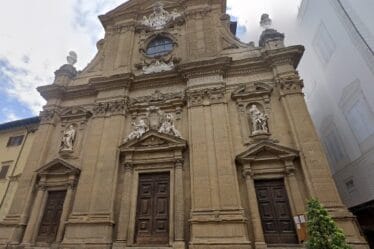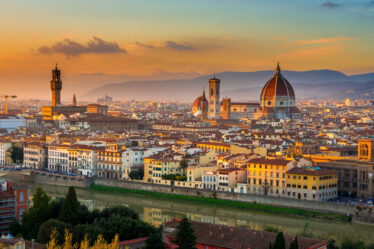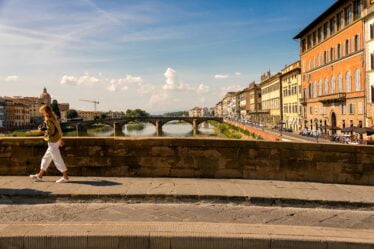

Niccolò Machiavelli: The Political Genius Who Shaped Florence
When we talk about the soul of Renaissance Florence, one name stands out above the rest: Niccolò Machiavelli. Niccolò Machiavelli: The Political Genius Who Shaped Florence, a brilliant political thinker, sharp diplomat, and devoted public servant, Machiavelli left an indelible mark on the city of Florence and on the history of politics worldwide.
1. A Statesman in the Heart of the Republic
Born in Florence in 1469, Niccolò Machiavelli lived during a period of great transformation. From 1498 to 1512, he served as a top official of the Florentine Republic, taking on diplomatic missions across Europe and playing a central role in the city’s government.
One of his most important achievements was the creation of a citizen militia. Machiavelli believed that Florence should defend itself with its own people, not rely on unreliable mercenaries. His efforts were meant to strengthen the republic and protect its independence in a turbulent political landscape.
His work reflected a deep love for Florence and a sharp understanding of human nature—qualities that would soon shape his most famous writings.
🔗 Learn more about Machiavelli’s diplomatic life and letters.
2. “The Prince”: Power, Politics, and Practical Wisdom
After the Medici family regained control of Florence in 1512, Machiavelli was removed from office, imprisoned, and later exiled. During this forced retreat from public life, he wrote “The Prince” (Il Principe), one of the most influential political texts in history.
In this work, Machiavelli offers practical advice to rulers on how to gain and maintain power. Rather than focus on idealistic leadership, he explored real-world strategies—some bold, others controversial. His central message: sometimes, a leader must act beyond traditional morality to protect the state.
“The Prince” didn’t just change how politics was discussed; it shaped the foundation of modern political science. Today, the word “Machiavellian” is often used to describe shrewd, strategic, and sometimes cunning behavior.
🔗 Read more about The Prince and its impact on political philosophy.
3. Florence’s Most Strategic Mind
Even in exile, Machiavelli never stopped thinking about Florence. He wrote plays, letters, and histories—all reflecting his passion for his homeland. His dream was always to return to public service.
He died in 1527, and today you can find his tomb in the magnificent Basilica of Santa Croce in Florence. Inscribed on it are the words:
“Tanto nomini nullum par elogium”
(No praise is enough for such a name)
Niccolò Machiavelli’s ideas remain powerful to this day. Whether you’re walking the streets of Florence or studying modern politics, you’ll feel his legacy—clever, complex, and always connected to the fate of his beloved city.
Niccolò Machiavelli: The Political Genius Who Shaped Florence isn’t just a name in a history book. He’s the mind behind a modern understanding of power, and a man who gave everything to the future of Florence.



